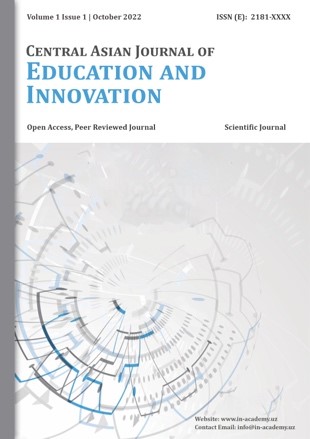THE ROLE OF ORAL FOLK TRADITION IN THE FORMATION OF BERDAQ'S POETIC HERITAGE
Main Article Content
Аннотация:
This paper explores the profound impact of oral folk tradition on the poetic works of the Karakalpak poet Berdimurat Qoblanov, widely known as Berdaq (1827–1900). His poetry serves as a bridge between oral and written traditions, reflecting a deep connection to folk songs, proverbs, and legends. Through a detailed analysis of his poetic style, this study examines how Berdaq preserved and revitalized national identity, ensuring that traditional motifs remained relevant in modern literary discourse. Moreover, the research highlights how Berdaq’s adaptation of oral elements contributed to the longevity and evolution of Karakalpak literature, influencing subsequent generations of poets. By incorporating new scholarly perspectives, this paper sheds light on the cultural and artistic significance of Berdaq’s poetry in the broader context of Central Asian literary traditions.
Article Details
Как цитировать:
Библиографические ссылки:
Baskakov, N. A. (1952). The Karakalpak Language and Its Development. Moscow: Academy of Sciences.
Baymukhamedov, A. (1971). Karakalpak Folk Poetry. Nukus: Karakalpakstan Publishing House.
Snesarev, G. P. (1969). Legends and Myths of the Karakalpaks. Leningrad: Nauka.
Yusupov, M. (1995). Berdaq and Karakalpak Literary Tradition. Nukus: Karakalpakstan State University Press.
Abdullaev, B. (2003). Oral Traditions in Central Asian Literature. Tashkent: Uzbekistan Academy of Sciences

